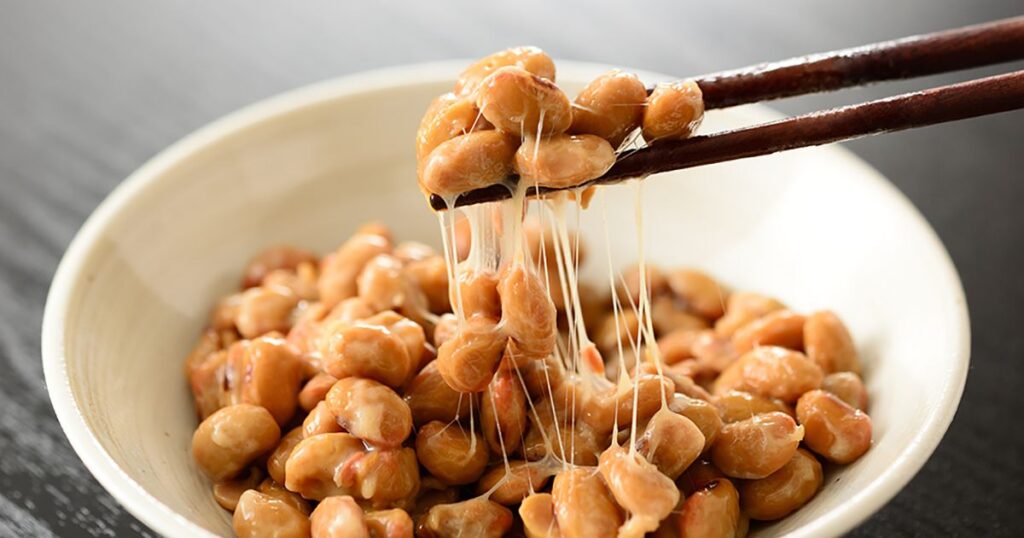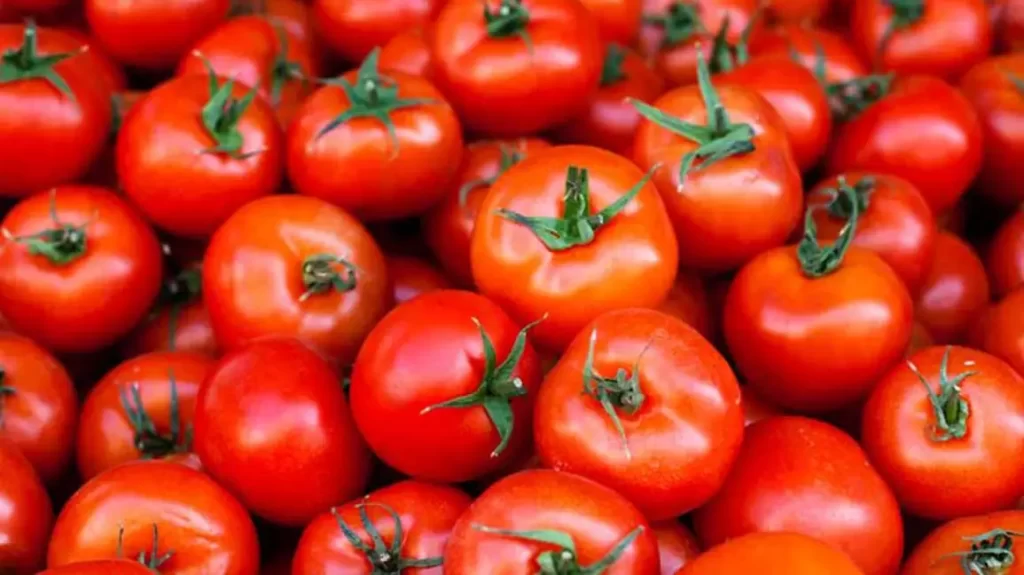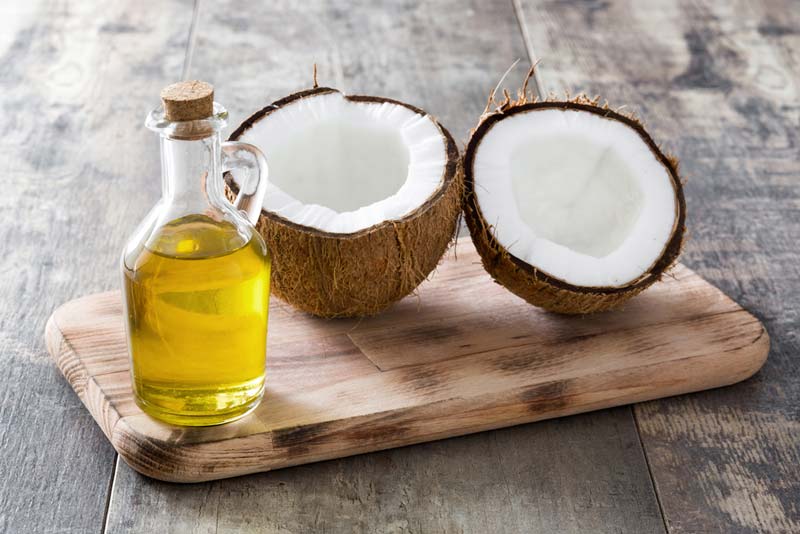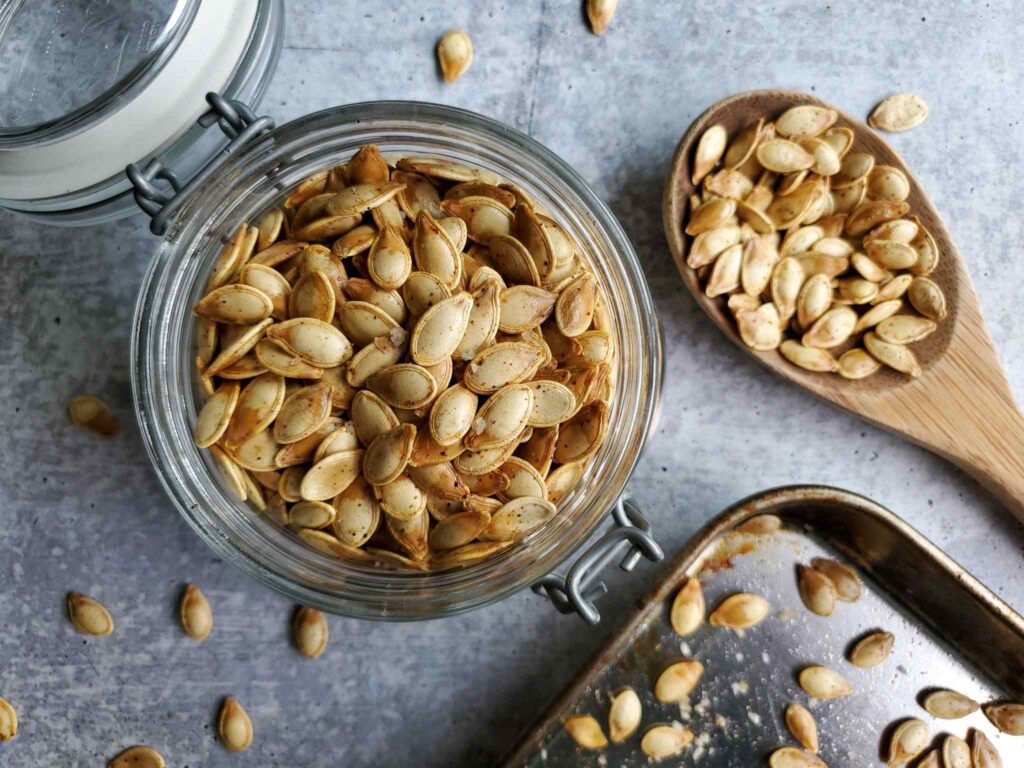
Ten Guidelines For Staying Healthy While Traveling During The Holidays
January 15, 2023I understand if you think eating healthy is becoming more difficult every day. It might be challenging to even start eating healthy because of the unending number of dietary buzzwords, such as paleo, vegan, low-carb, high-fat, and organic.
Some of these worst foods might surprise you because they are advertised in the media as being healthy, but you’ll learn why you should avoid them! Here are nine of the unhealthiest things to eat and their nutritious alternatives
1. Unfermented Soy Products
Soy has grown in popularity as a healthy or unhealthy meal throughout the years. In my opinion, you shouldn’t include this in your diet.
This is why:
Soy includes phytic acid and lectins as a natural defense against animals that try to eat it. Because phytic acid binds up minerals, your body absorbs less nourishment from food, and the gut lining can be severely harmed by lectins. The great majority of soy in our food supply is genetically altered and contains substantial quantities of the infamous herbicide glyphosate. Glyphosate damages the health of your gut by wiping out good bacteria. It depletes your body of essential nutrients trying to neutralize it.
Alternative: Fermented Soy
When soy is fermented, it can be palatable and even beneficial. This includes items like tempeh, natto, and ORGANIC miso. It is much easier to absorb the nutrients in the fermented soy since a significant portion of the phytic acid and lectins are rendered inactive during the fermentation process.

I would advise staying away from these foods if you have a histamine intolerance because they may trigger a reaction. Additional options include:
- Use Coconut Aminos as a substitute for soy sauce.
- Use Gut Healing (vegan alternative) or bone broth protein in place of soy protein.
- Use Grass-fed Beef in place of meats made from soy.
2. Non-Organic Produce
Glyphosate must be kept to a minimum, along with all other pesticides. These harm the intestinal lining, kill off your good gut bacteria and are harmful to humans, draining nutrients from the body. Consumption of glyphosate has been associated with a variety of cancers and neurological illness disorders. Although it is practically impossible to completely avoid being exposed to certain chemicals, you should try to limit your exposure to them whenever there are options available.
Alternative: Organic Produce
You have two options: either go completely organic or, if you’re on a budget, adhere to the EWG’s clean 15 & dirty dozen recommendations. Purchase organic versions of the “dirty dozen” foods; conventional versions of the “clean 15” are often safe.
I see this as a crucial investment in your gut health and nutrition (which tremendously influences your well-being overall).
3. Table Salt
Commercial table salt is made from chemically manufactured sodium chloride and contains unsavory fillers to keep it from clumping. Furthermore, these salts frequently contain fluoride and aluminum, both of which I never advise eating.
Alternative: Natural Salt
I advise using a lot of salt on your food when it comes to this. This is because sodium and other trace minerals play important roles as electrolytes in keeping your nervous system functioning properly. This would apply to salts like Celtic Gray and Pink Himalayan. The mineral makeup of these unusual salts is indicated by their hue. Using a seasoning like Herbamare or Braggs Sea Kelp Delight if you are worried about obtaining enough iodine.
4. Canned Tomatoes
Plastic-derived chemicals are terrible for maintaining a healthy hormone balance. Regular exposure to chemicals leached from plastics can increase estrogen levels in both men and women having detrimental impacts on your health. The chemical Bisphenol-A is one of the primary offenders (BPA). Uncontrolled weight gain, alzheimer’s disease, diabetes and cancer are just a few health consequences.
Unbeknownst to many, BPA is frequently used in canned goods to prevent the interior from degrading. When a BPA liner is combined with an acidic food like tomatoes, a significant amount of BPA leaks out of the can. Accordingly, eating canned foods including tomatoes and canned fish exposes your body to a significant level of BPA.
Additionally, aluminum leaches out of aluminum cans together with acidic materials like canned tomatoes.
Alternative: Fresh Tomatoes

Tomatoes in cans without BPA or even in alternate packaging may be available. However, I believe that purchasing fresh, organic tomatoes from your neighborhood health food store or farmers market is definitely best.
Additionally, you can purchase tomato sauces and chopped tomatoes in glass jars, which is fine because the glass doesn’t contain any chemicals that could contaminate the tomatoes. These days, a lot of brands sell tomatoes and tomato sauce in glass jars.
Just one caution, tomatoes are high in histamine so best avoided if you suffer from allergies.
5. Processed Meat
The sorts of meat you consume are crucial. Many individuals think that choosing the leanest meats available is the healthiest course of action. The majority of meat produced now is, in actuality, wholly unsuitable.
Avoid highly processed meats like deli meats, cured meats, and any meat from animals raised in substandard conditions. You should probably stay away from it unless the package specifically specifies that it is organic and, ideally, pasture-raised.
Alternatives: Pasture-Raised/ Wild-Caught
If you want the meat you eat to be from animals that were grown humanely, in pastures, and on a diet that was appropriate for them. Grass would be the appropriate food source for beef and lamb, whereas for poultry it would be things like bugs, seeds, berries, and other foraged items from the environment.
These meats are therefore more nutrient-dense and have better omega-3:Omega-6 ratios.
6. Vegetable Oil
When it comes to consuming fat, there are two key ideas to comprehend. Healthy Omega-3: Omega-6 ratios are crucial for regulating metabolism and reducing inflammatory reactions in the body. Additionally, the myelin that covers your nerves and your brain are mostly formed of lipids.
Consuming highly processed vegetable oils disregards both of these critical needs, which results in sickness. Vegetable oils have a high level of omega-6 fats but also sustain significant processing damage. You are left with more inflammation and inferior brain and peripheral nervous system building blocks as a result! Be careful because it can be difficult to completely avoid these. Be sure to check the labels for anything that may contain maize, soybean, safflower, cottonseed, or other oils.
Alternative: Organic Virgin Coconut Oil

The smoke point of coconut oil, which is 350 degrees Fahrenheit, makes it an excellent source of healthful saturated fat that may be used in cooking up to that temperature. Extra virgin olive oil, butter, ghee, avocado oil and beef tallow all withstand heat well, while coconut oil is remarkably stable.
A little number of medium chain triglycerides are also present, and they can be turned into ketones, which are extremely beneficial to your health. The microbiota benefits from the antibacterial and anti-yeast capabilities of these lipids.
7. Margarine
Like artificial sweeteners, margarine is one of the most deceiving things to have ever been sold in grocery stores. It is frequently promoted as a heart-healthy substitute for butter. This is purportedly because it doesn’t contain any saturated fat or cholesterol and contains “heart healthy” vegetable oils.
Margarine, despite being promoted as healthful, is actually a poisonous concoction of inflammatory, GMO, oils, and artificial additives that I would not advise anyone to consume. Instead, you should consume fats that improve your Omega-3:Omega-6 ratio while supplying good saturated fats for the health of your brain and neurological system. Undoubtedly one of the worst meals you can eat is margarine!
Alternative: Grass-fed Butter
Although there are many alternatives that could fit in this category, butter offers a fairly complete dietary profile in terms of the health benefits described above. Omega-3 fatty acids, as well as significant saturated fats and dietary cholesterol, which are essential for brain health and the production of sex hormones, are naturally abundant in butter from grass-fed cows.
Organic coconut oil, extra virgin olive oil, animal fats (lard/tallow), omega-3-rich salmon, and avocado oil are additional excellent choices. Generally speaking, fats that are solid at room temperature are good for cooking, whereas liquid fats are better used as dressings after cooking.
8. Microwave Popcorn
There are several reasons why microwave popcorn is bad. It usually starts with GMO corn, which almost always includes glyphosate. Next, several companies substitute the butter for an artificial flavour called diacetyl. Respiratory problems have been associated to diacetyl.
Last but not least, a common dietary sensitivity that I observe in a lot of my patients can result in gut inflammation is sensitivity to maize. Popcorn that has been traditionally microwaved is among the worst meals you can eat.
Alternative: Sprouted Pumpkin Seeds

The best option if you must have popcorn is to either hot-air pop it or cook it in a pot with coconut oil. Add some high-quality sea salt, grass-fed butter, or coconut oil to it.
Pumpkin seeds that have been sprouted are a fantastic substitute for regular pumpkin seeds. They contain a lot of nutrients, are a good source of zinc, and are rich in healthy fats. They are nutrient-dense and good for blood sugar!
9. Artificial Sweeteners
Among the many artificial sweeteners and taste enhancers are aspartame, monosodium glutamate, acefultame potassium, and sucralose. They enable us to enhance the flavor of food without having to add salt or sugar. The drawback of these substances is that they are neurotoxic to the brain and, when ingested, decompose into poisonous molecules.
Aspartame’s ingredients, for instance, have been linked to an increased risk of mental illness, overstimulation of brain’s neuronal cells, and brain-related cancers.
Alternative: Natural Sweeteners
The lack of calories and sugar in artificial sweeteners is one of their main appeals. If this is the reason you want to use these items, stevia and monk fruit are fantastic all-natural substitutes that won’t harm your blood sugar levels.
Organic raw honey and organic coconut palm sugar are two more better choices. These have a relatively low glycemic index, but they will still cause a spike in blood sugar. Only sometimes using these is what I’d advise.
Although it is important to be aware of which foods to stay away from, obsessing on what you are unable to eat is never a good idea. Once you are aware of the foods to stay away from, make a mental note of them. Then, start using my healing diet nutrition ideas into your daily life.
You will start to shun the unhealthiest foods on your own as a result. Knowing that the things you are eating are increasing your vitality every day will liberate you from feeling constrained to a small variety of foods. If you have concerns and want some help, don’t hesitate to give me a call at 02 66252925 or send a contact request HERE



